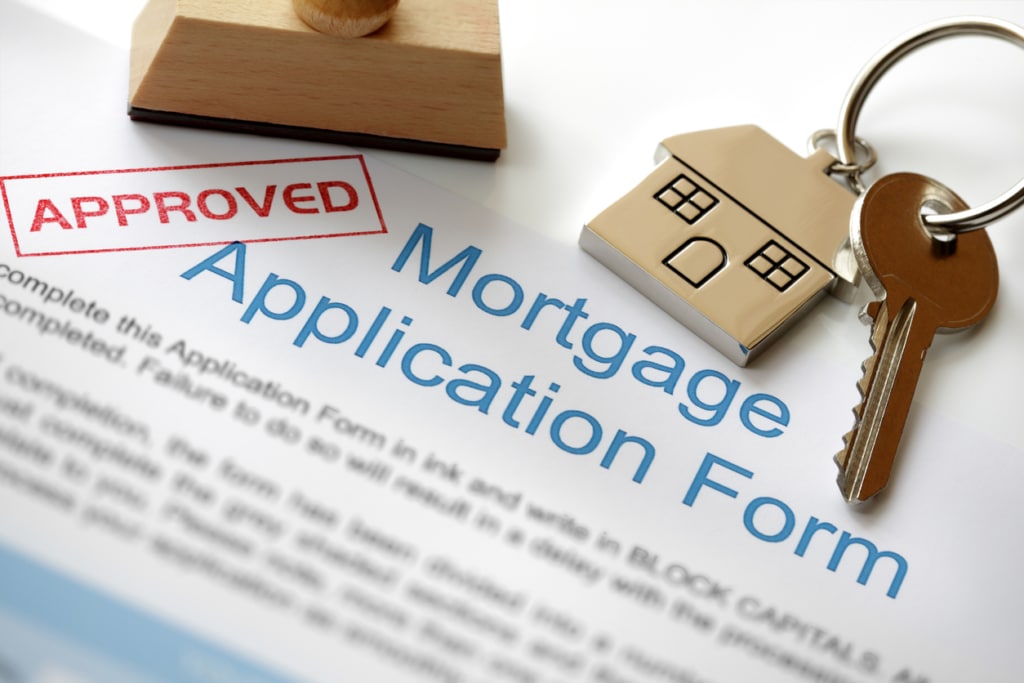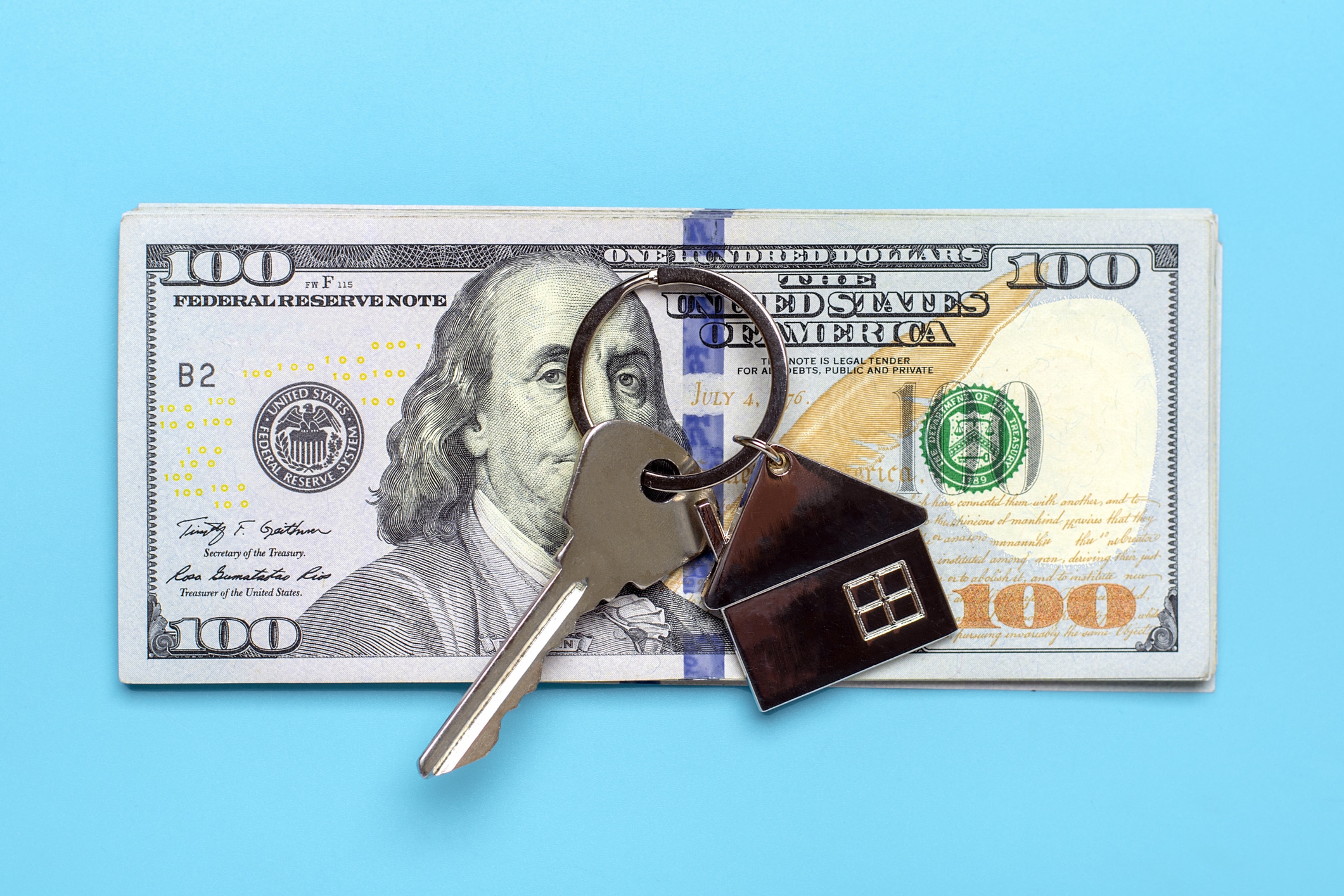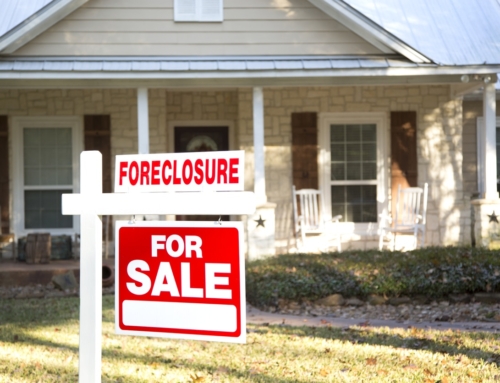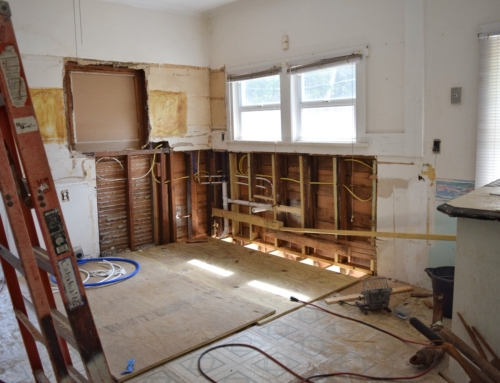We’ve all seen the television commercials offering free information on a reverse mortgage, and most people are not familiar with exactly what they are, how they really work, and the pros and cons of getting one.
In order to make informed decisions regarding your home – likely your largest financial investment – you need to know exactly what a reverse mortgage is, and what it is not, before you sign on the bottom line.
If you’re 62 years old, you may be eligible for a reverse mortgage. This is a loan that uses your home as collateral. You’re essentially borrowing money against your home’s equity, which will be tax-free income for your future.
A reverse mortgage requires no monthly payments from the homeowner. In fact, the reverse mortgage lender pays the homeowner each month, or in a lump sum, providing tax-free income for retirement, debt reduction and more.
How Much Money Can I Borrow with a Reverse Mortgage?

Many people assume that they can borrow an amount equal to the current value of their home, but that is often not the case.
There are many factors that dictate how much you may be allowed to borrow against your home. The most popular type of reverse mortgage is a HECM loan, for Home Equity Conversion Mortgage, which means you are turning all or a portion of your home’s value into cash income. These types of loans are backed by the federal government.
But the principal limit on the amount you can borrow is based on the age of the borrower, current interest rate at the time of your loan, the HECM limits which is determined annually, and your property’s value. The HECM limit in 2021 was $822,375.
A home’s owner will receive more cash the older they are, and the more equity they have in their home.
There are different types of reverse mortgages, just like borrowing for a conventional mortgage. HECM loans with a variable interest rate may allow you to receive equal monthly payments, provided the borrower resides in the home as their primary residence over the life of the loan.
You may also arrange to receive equal monthly payments but for a pre-specified length of time. Some borrows choose to arrange for an open line of credit against their home to use as they need it, or a combination of monthly payments and a line of credit.
If you take out a HECM loan with a fixed interest rate, instead of receiving a fixed monthly amount you’ll get a one-time, lump sum payment of the agreed-to amount of your loan. This can be a potential problem if you don’t take precautions to protect that money, spending it indiscriminately and leaving yourself with no funds in a short period of time.
Smart borrows can use that lump sum payment as an investing tool, but one that allows you to easily access the money when you need it, like a money market account, for example.
Will I Still Own My Home if I Take Out a Reverse Mortgage?
In a typical reverse mortgage loan scenario, the homeowner retains the ownership rights and title to the home against which the loan is originated, just like borrowing money for a traditional mortgage loan. Reverse mortgage borrowers are required to pay back the amount borrowed either when they sell the property, or upon the death of the borrower.
In the event that your home does not sell for the full amount of your reverse mortgage, the borrower is typically not obligated to pay the difference, unless they plan on remaining in the home. This also applies to any surviving beneficiaries who may have been named on the reverse mortgage loan, like a spouse or child.
The good news is if your home’s value has increased to an amount greater than the payoff amount of your reverse mortgage, the borrower’s beneficiary will receive the difference.
There are other requirements a borrower must meet to be considered for a reverse mortgage loan.
- You must live in the property as your primary residence.
- You cannot have any existing debt to the federal government, like back taxes.
- You will need to prove you have the capability to continue making the property’s tax and insurance costs, and any Homeowners Association, (HOA) fees while you remain in the home.
- You must own the property outright, or, if you have a mortgage, have paid a significant amount off on your original mortgage agreement.
- You’ll need to receive counseling from a U.S. Department of Housing and Urban Development-approved reverse mortgage counselor.
That last item may be the most important part of taking out a reverse mortgage – the government is making every effort to make sure you understand the exact terms and conditions of your loan before it is approved.
Different Types of Reverse Mortgages

While the HECM reverse mortgage is the most popular, you may encounter higher costs to borrow against your home, but you’re allowed to use the funds for whatever you choose.
A proprietary reverse mortgage is not backed by the federal government but is a private loan through which the amount you borrow may be more than with an HECM.
You could also apply for a “single-purpose” reverse mortgage, which is not unlike a home equity loan, but you must agree to use the money for one specific purpose, like necessary home improvements, for example.
If you have existing liens or tax bills that are past due on your home – maybe you took out a home equity loan a few years ago and have not financially satisfied the total amount of the loan – you’ll be required to pay those amounts off with the proceeds of the reverse mortgage loan.
Just as in borrowing money in a traditional mortgage, a reverse mortgage has costs involved that you need to know about up front.
You’ll likely be required to pay Private Mortgage Insurance, or PMI, which generally amounts to 2% of the loan amount. These fees are usually rolled into the overall loan amount. There are also loan origination fees, lender servicing fees and other third-party fees like a professional appraisal of the home, a background and credit check, title insurance and recording fees, and more. These fees will reduce the overall amount you’ll receive.
Your credit score can also be a deterrent in obtaining a reverse mortgage. A poor credit score can mean you’ll be paying a higher interest rate from the lender. Interest rates on a reverse mortgage will likely be higher than those for a traditional new mortgage.
Do I Risk Losing My Home with a Reverse Mortgage?
Just like with a traditional mortgage, there are certain things that can happen that may cause the lender to take action to obtain ownership of your home.
Failing to pay required property taxes or maintain an effective homeowners insurance policy may be grounds for the lender initiating action to foreclose on your home. Proper upkeep of the property is also a condition of default, which is why a reverse mortgage lender will do a credit check to ensure you are financially capable of maintaining the overall condition and upkeep on the property.
There are reverse mortgage lenders who will step in and pay your property taxes or homeowners insurance out of the proceeds of your loan, if available, or by advancing additional funds to pay them, but of course this will add to the amount of your loan.
Another factor that may result in defaulting on your reverse mortgage is one that often gets overlooked by borrowers. If you decide to sell your home during the life of the reverse mortgage, you’ll still be required to physically reside in your home for a consecutive 12-month period.
If the primary borrower dies but has a spouse or other family members living in the home, they will likely be allowed to remain in the home, but they will need to first satisfy any outstanding reverse mortgage loan balance, either with their own funds or by taking out a mortgage loan to satisfy the debt.
Borrower Beware: Learn the Pros and Cons of a Reverse Mortgage

Many people beyond age 62 discover that what they financially planned for their retirement is not working. Maybe they’ve lived in their home for 10 or more years and have been faithfully making their mortgage payments and staying current with their property taxes and insurance.
There may be needs that have come up recently that they were not counting on, like a physical disability, medical costs, home improvements to allow a handicapped occupant to live better or taking care of a major home repair like a new roof or air conditioning system.
If you do your research and learn everything you need to about taking out a reverse mortgage loan, this money can be used wisely to ease your financial burden and provide peace of mind in your later years.
But just like in every other form of business and financial transactions, there are very real dangers out there that may result in you being scammed by an unscrupulous participant, which could likely result in losing your home.
A roofing contractor may knock on your door claiming your roof is in severe need of being replaced, and try to convince you to take out a reverse mortgage to cover the costs. While it may at first look like a good way to get a new roof, be aware that the costs and fees associated with the new roof will likely take a huge chunk out of any reverse mortgage monies you receive. If the roofer is ripping you off on the cost of a new roof, you’ll be obligated to pay the bill before you see any other proceeds from the loan in your pocket.
A senior citizen, thinking they are getting a good deal, can often become confused by the complex loan paperwork and a fast-talking salesperson. Another recurring scam involves targeting veterans as victims, advertising low-rate reverse mortgage loans through the VA, even though that agency does not offer those types of loans.
Sadly, these types of scams are all too common, and a person considering a reverse mortgage needs to be fully aware of what they are getting into. Counseling with a HUD-authorized reverse mortgage representative can be an invaluable resource before making this major decision.
A television spokesperson may not be your best source of advice when contemplating a reverse mortgage loan. You may know people in a situation like yours that have gone through the process and getting their input can be a valuable source of information.
You may also want to rely on one of your children or another trusted person like a financial advisor to review what you’re considering before you sign any loan agreement.
Once you learn all the facts, good and bad, you’ll be able to make an informed decision about whether a reverse mortgage is the right move for you. Many homeowners in this retirement-rich Southwest Florida real estate market are jumping on board this tax-free income device.







Leave A Comment